#risto jarva
Explore tagged Tumblr posts
Text

Ruusujen Aika
(O Tempo das Rosas)
SF, 1969
Risto Jarva
7/10
Rosas e Espinhos Democráticos
Um surpreendente filme finlandês, do final da década de 60, que propõe, num ambiente de ficção científica que poderia ter inspirado Sleeper, de Woody Allen, uma reflexão sobre o conceito de democracia e as utopias por ele suscitadas, que mantinham o mundo dividido e suspenso, ao tempo da guerra fria, que não deixava, ainda assim, de originar episódios de enorme violência, ameaçando permanentemente com a destruição total da humanidade.
A conclusão parece ser a de que a democracia totalitária aniquila o indivíduo, e que só a imperfeição da luta social democrática, garante a liberdade individual, ainda que gere violência e confronto social.
Não obstante, o totalitarismo impõe-se, inevitável, numa aniquilação do indivíduo, perante o bem coletivo.
Uma reflexão interessante e que reflete bem a ambiguidade do pensamento político da época, que não deixa de ser pertinente, mesmo em tempos atuais, em que a guerra fria passou à história.
O que é a democracia afinal? Serão verdadeiramente democráticos, estes regimes em que vivemos presentemente?
O fantasma do totalitarismo não permanece suspenso, à espera da falência das sociais democracias, vitoriosas da guerra fria?
Democratic Roses and Thorns
A surprising Finnish film from the end of the 60s, which proposes, in a science fiction environment that could have inspired Woody Allen's Sleeper, a reflection on the concept of democracy and the utopias it gave rise to, which kept the world divided and suspended at the time of the Cold War, which nevertheless caused episodes of enormous violence, permanently threatening the world with the total destruction of humanity.
The conclusion seems to be that totalitarian democracy annihilates the individual, and that only the imperfection of the democratic social struggle guarantees individual freedom, even if it generates violence and social confrontation.
However, totalitarianism inevitably imposes itself on the annihilation of the individual in the face of the collective interest.
An interesting reflection that well reflects the ambiguity of political thought at the time, which is still relevant, even in current times, when the Cold War has become history.
What is democracy after all? Are these regimes, in which we currently live, truly democratic?
Doesn't the ghost of totalitarianism remain suspended, waiting for the bankruptcy of social democracies, victors of the cold war?
0 notes
Text
RUUSUJEN AIKA - (”Time of Roses”; Risto Jarva, 1969)

In a dystopic future (the action takes place in the year 2010) Humanity has banned wars and social/ideological conflicts: the WorldWide Government controls and cares everything, women and men live with no worries and enjoy the welfare in a status of relax and peaceful tranquility. A journalist decides to investigate a tragic forgotten case that happened in the Sixties: the premature death of a young woman (a nude model) who was hit by a train after having courageously saved the life of a child; so he decides to make a docu-film about that fact with the intent (also) to show how great is the difference between the Sociality (violent and corrupted) of that time and the collaborative and quiet contemporary social life. To play the character of the unfortunate heroine of that dramatic incident he calls a young woman who, as days pass by, ever more looks like the protagonist of the real event that happened 50 years before....
"Time of Roses" is one of the best of the many "quality movies" produced by the Finnish cinema of those years, an amazing, outstanding film that happily surprised me till the very first frames. Its more evident values stand in the mastery of Jarva's mise-en-scène that takes advantage of a personal sort of stylized editing, a fluid camera, an evocative imagery, and some narrative devices (voice-over, TV sequences, close-ups) that someway recall some movies of the early French nouvelle vague (I think of “La jetée”, “Una femme est une femme” and “Le beau Serge”); other valuable elements of this beautiful movie can be found in the fascinating musical score, the performances of the actors and (last but not least) the spectacular, highly contrasted black and white cinematography. As regards the "nature" itself of the film (a very pessimist movie that was called by the great part of the critics as a "dystopic science-fiction") I signal its political/apologetic (and bitterly satirical) by the way it presents the substantial resemblance between two models of civil society in which the new one (if normalized and “pacified”) even presents all those failures (of the old one) that it would have wanted to overcome.
r.m.













R.M.
1 note
·
View note
Photo
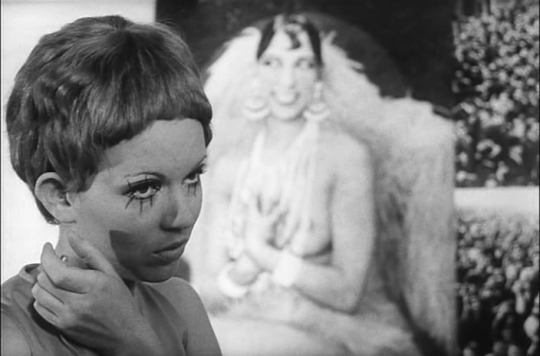
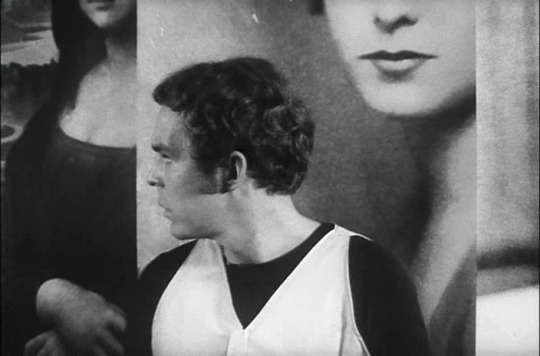
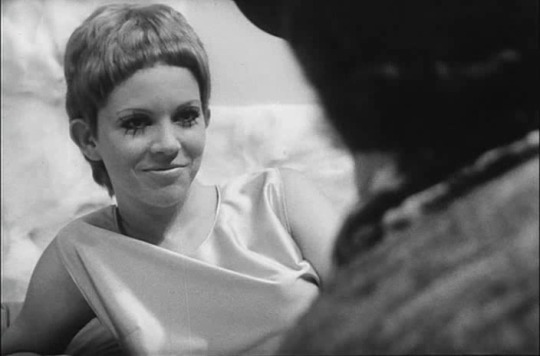
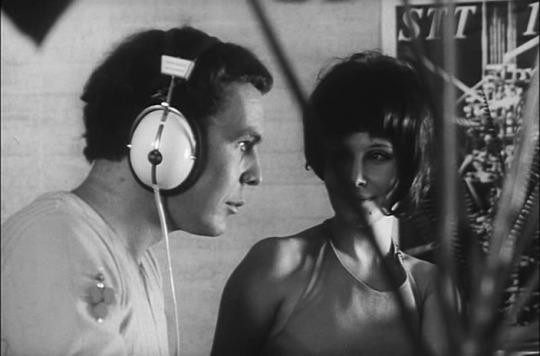
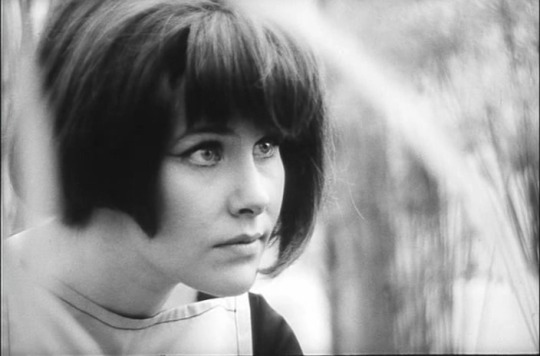
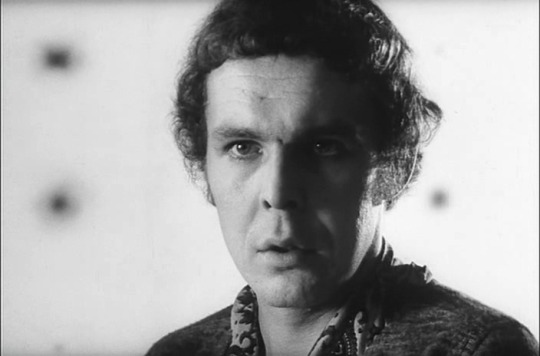
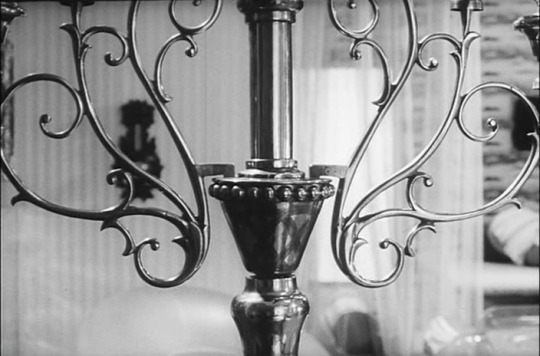
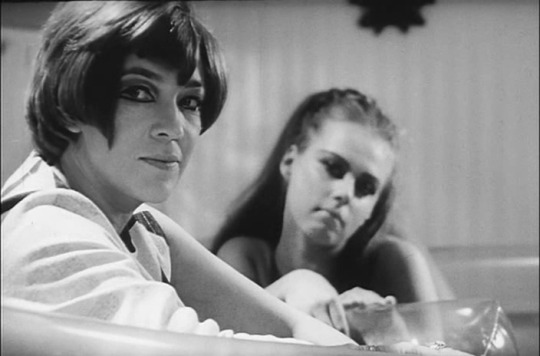
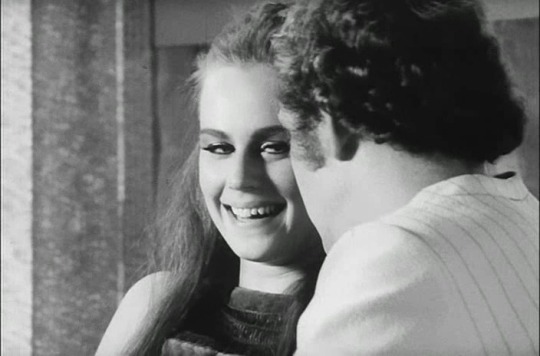
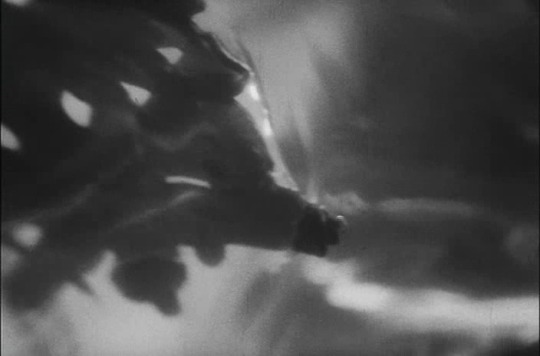
ruusujen aika / a time of roses (fin, jarva 69)
9 notes
·
View notes
Text
Finnish literature in French


Arto Paasilinna's Jäniksen vuosi (1975) is called The Year of the Hare in English and Le lièvre de Vatanen in French. The Finnish film adaptation was made in 1977. It was directed by Risto Jarva and Antti Litja played Vatanen. There is also a French version with Christophe Lambert playing Vatanen.
Rosa Liksom's Hytti nro 6 (2011) is called Compartment No 6 in English and Compartiment n° 6 in French. Juha Kuosmanen directed a film inspired by the book in 2021.
3 notes
·
View notes
Photo
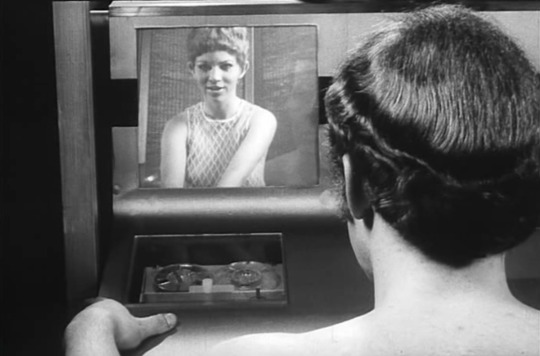
Tarja Markus as Anu Huotari, Ruusujen aika (A Time of Roses) (Finland, 1969 dir: Risto Jarva).
55 notes
·
View notes
Photo

(via Olympian Holiday Movie Poster, Olga Stárková, 1979)
Poster Auction, £3.00 Starting Price, Thursday, 30.05.2019
Movie poster designed for Risto Jarva’s comedy with fantastic collage by Czech artist Olga Stárková, 1979.
https://www.jozefsquare.com/product/poster-auction-olympian-holiday/
4 notes
·
View notes
Photo

https://en.wikipedia.org/wiki/The_Year_of_the_Hare_(film)
1 note
·
View note
Text
RUUSUJEN AIKA (aka "Time of Roses") - (Risto Jarva, 1969)

"In the future (actually the year 2012, in which the story takes place) humanity lives peacefully, everything is calm and quietly controlled and violence seems having been "definitively" banned but when an independent filmmaker tries to unveil the past of a young woman who died by an accident he will realize that things have not really changed.... ".
Young director Jarva succeeds in his courageous intent to make a distopic S/F apologue (with social and political intents) by realizing a stunning modern drama through a personal style that recalls the artistic and cinematic motives of the opt-Art, the French nouvelle vague (" La jetée") and Bourguignon's "Cybèle" and confirms the Finnish cinema as one of the most interesting, creative and problematic (in the good sense) of the whole Europe.
r.m.





R.M.
0 notes
Photo










Jäniksen vuosi (1977) | dir. Risto Jarva
34 notes
·
View notes
Photo

Jäniksen vuosi (1977) | dir. Risto Jarva
25 notes
·
View notes
Photo
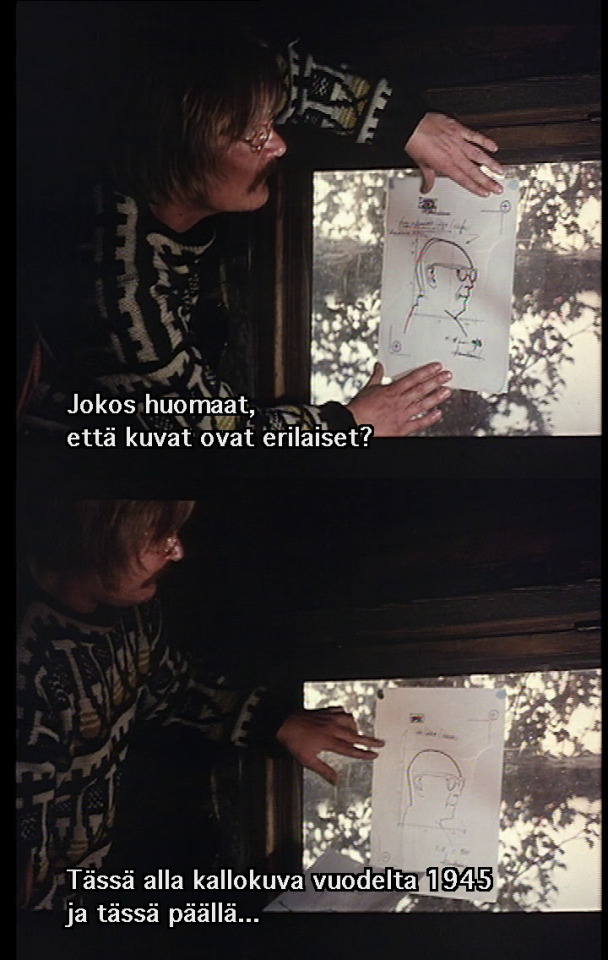
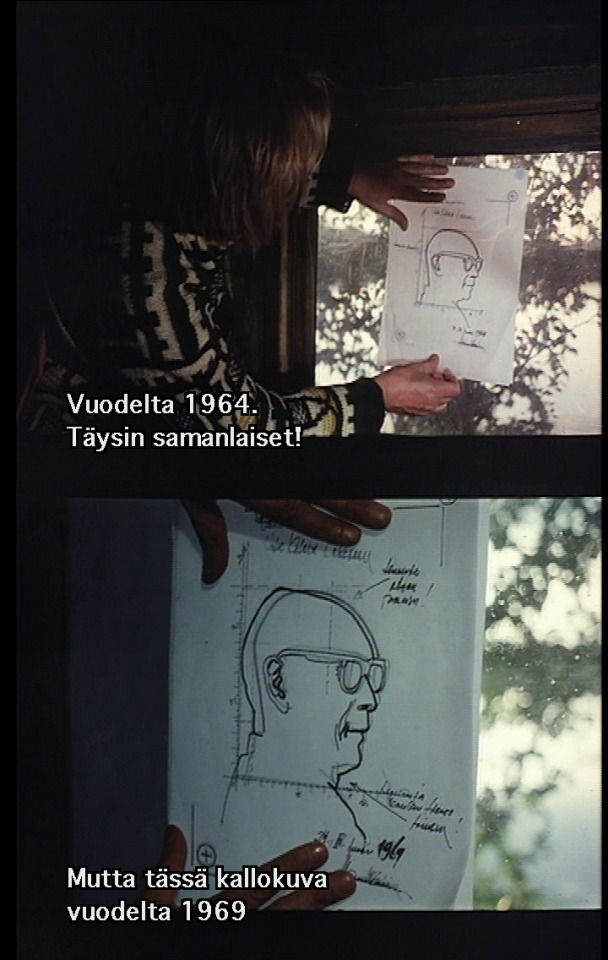
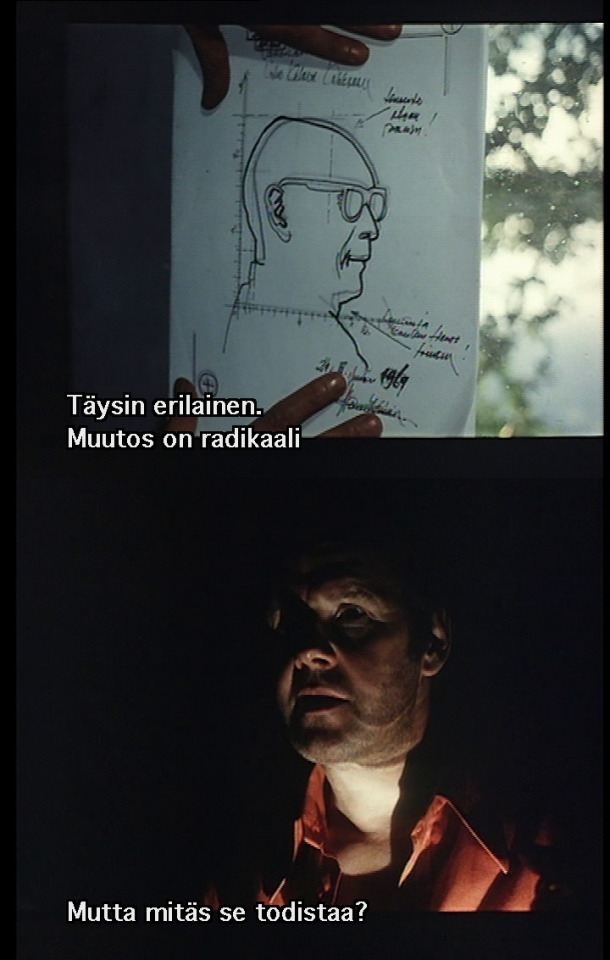

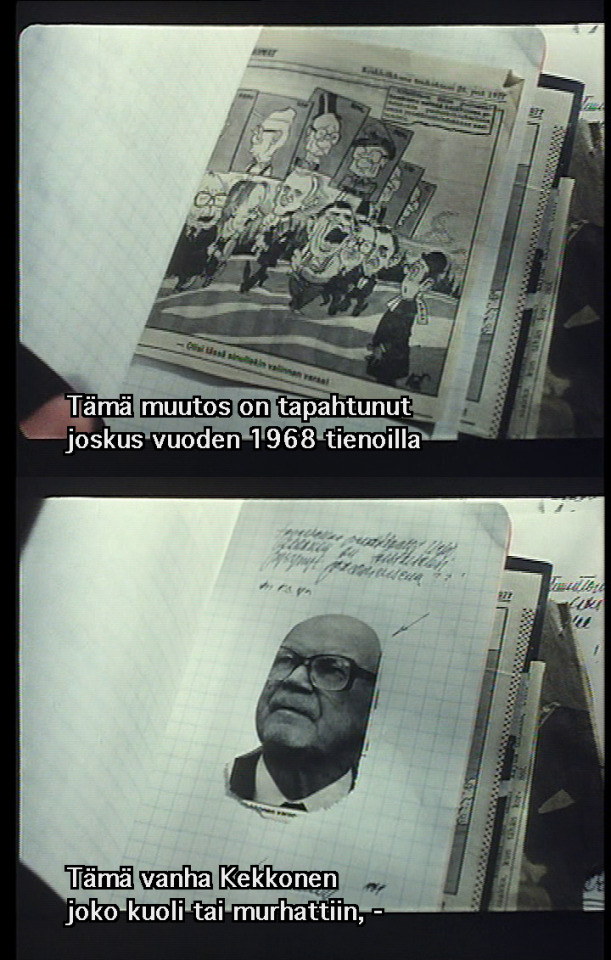
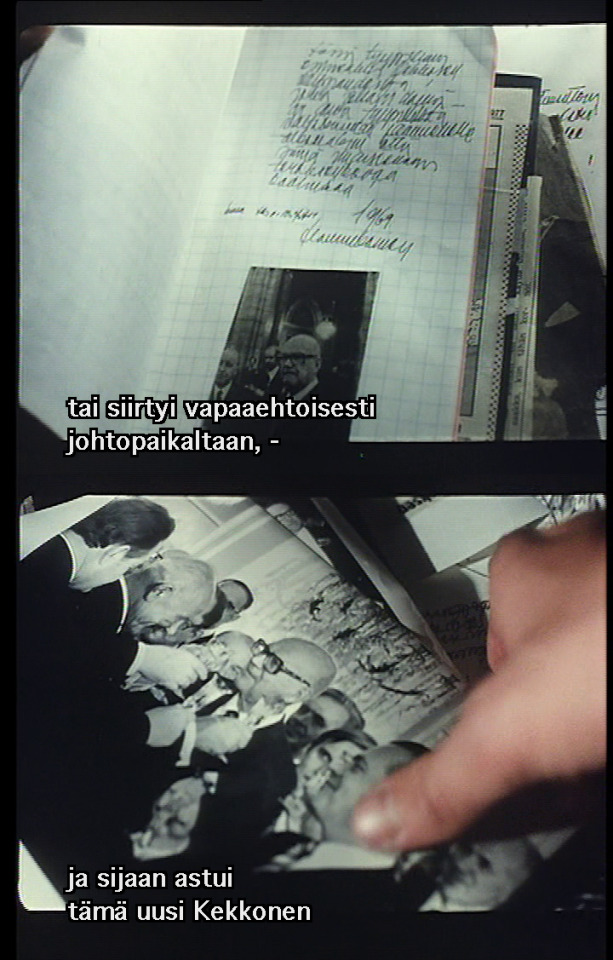
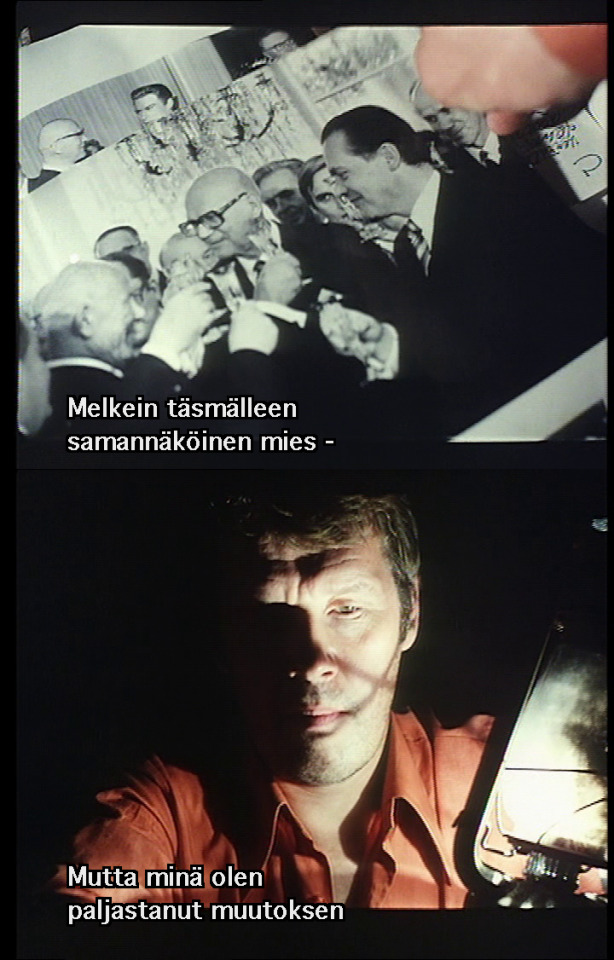
Jäniksen vuosi (1977) | dir. Risto Jarva
19 notes
·
View notes
Video
youtube
Risto Jarva: Ruusujen aika ("A Time of Roses", 1969) Trailer
A rare example of Finnish science fiction cinema.
"In the year 2012, historian Raimo Lappalainen wants to illustrate how life was 50 years earlier. He becomes obsessed with the fate of a 1970s nude model, Saara Turunen, and finds a perfect actress to reconstruct her life and death in front of a TV camera. Meanwhile, a strike at a nuclear plant is covered up by the media." (IMDB)
"The setting is a Finland in which people communicate by view-phone, laze around on not-so-Finnish-modern, inflatable plastic furniture and take their meals from machines that, in friendly, gravelly voices, announce the calorie content of the items ordered." (Vincent Canby, The New York Times, 1970)
Links:
http://www.imdb.com/title/tt0138764/
http://www.phinnweb.org/links/cinema/ruusujen_aika/
http://movies.nytimes.com/movie/review?res=9B03E0D71731EE34BC4851DFB667838B669EDE
http://www.ristojarvaseura.fi/elokuvat/ruusujenaika.htm
Subtitles: https://subtitlebank.net/subtitles/movieid-80578/
#Ruusujen aika#A Time of Roses#Risto Jarva#science fiction#Finnish cinema#cinema#retro futurism#1969#1960s#Finland#Arto Tuominen#Ritva Vepsä#Tarja Markus#Kalle Holmberg#black and white#video#videos
8 notes
·
View notes
Photo

Risto Jarva: 'Tietokoneet palvelevat' ("Computers Serve", 1968)
#Risto Jarva#short films#Finnish cinema#computers#retro#vintage#retro futurism#cinema#Finland#1968#1960s
29 notes
·
View notes